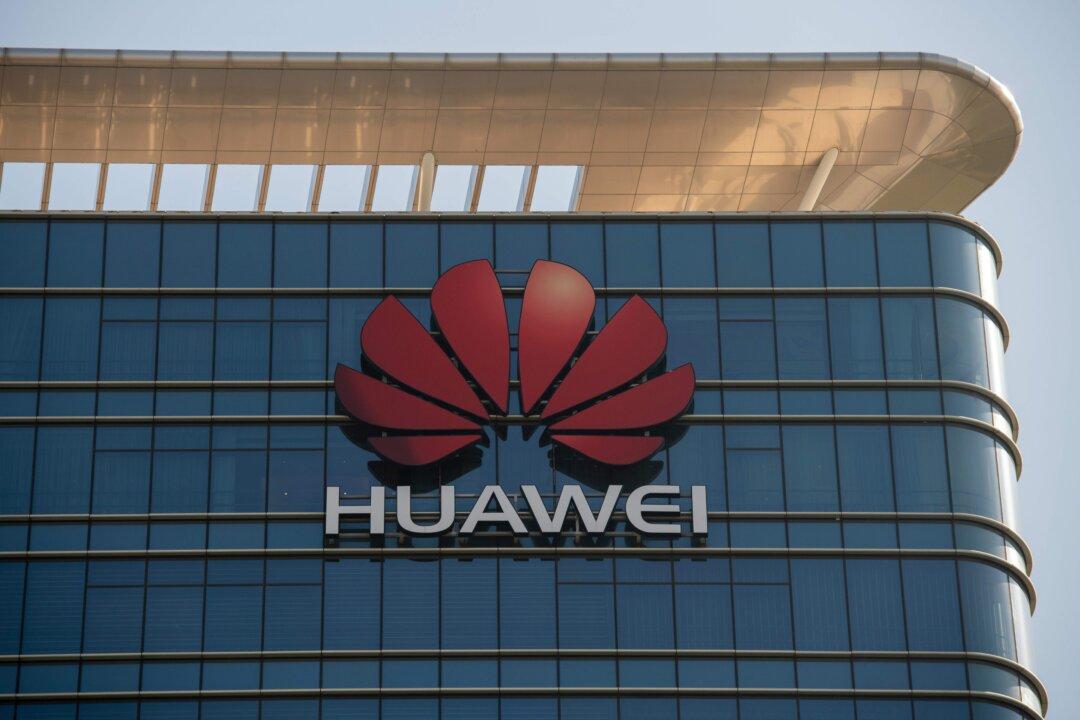Chinese telecom giant Huawei, already beleaguered by growing concerns that security loopholes in its products could expose Western governments and consumers to espionage by Beijing, recently received further scrutiny with the arrest of its chief financial officer, Meng Wanzhou.
Meng was arrested in Canada earlier this month at the request of U.S. authorities for allegedly skirting U.S. sanctions on Iran. The United States seeks her extradition to face trial.





